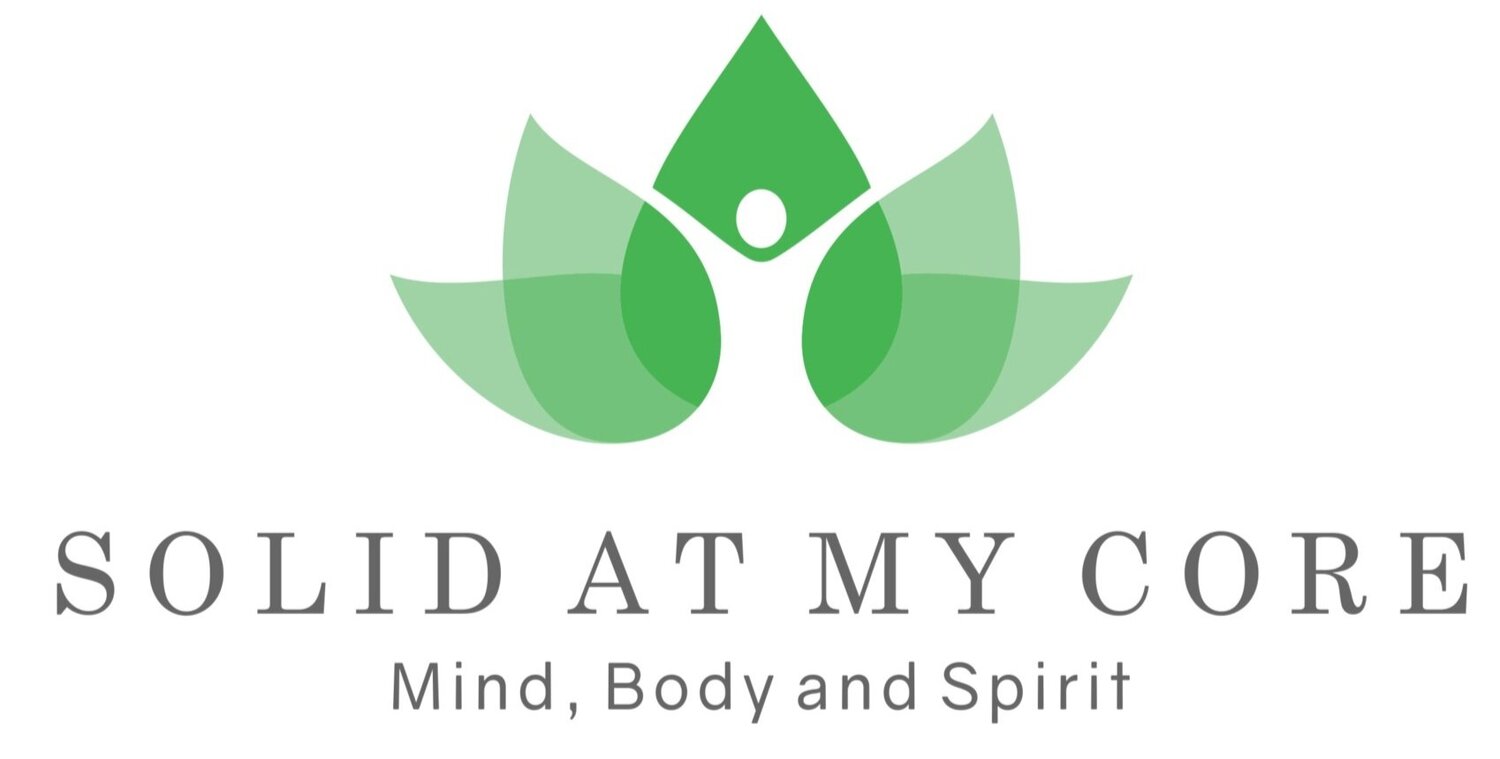You wake up after a solid eight hours, expecting to feel refreshed and ready to take on the day. Instead, there it is again — that heavy, lingering fatigue. You’re not alone. Many people struggle with low energy despite getting what seems like “enough” sleep. It’s frustrating, disheartening, and can leave you wondering if there’s something you’re missing.
The truth is that energy is about more than sleep. While rest is foundational, other factors play equally significant roles in how vibrant and awake you feel. Let’s explore the hidden truths about energy and how to uncover the habits or imbalances that might be keeping you stuck in the cycle of fatigue.
1. Quality Matters More Than Quantity
Not all sleep is created equal. You might be spending the right amount of time in bed, but if your sleep isn’t restorative, it won’t recharge your batteries. Stress, caffeine, or even your nighttime habits can disrupt the deeper stages of sleep that your body needs to repair and restore.
Pay attention to your sleep environment. Is your bedroom dark, cool, and quiet? Try limiting screens and bright lights for at least an hour before bed. If you suspect something like sleep apnea or restless leg syndrome is interfering, consider speaking with a professional.
2. Your Diet Could Be Draining You
Energy isn’t just about what you eat, it’s about how your body uses it. A breakfast full of simple carbs, like sugary cereal or pastries, can spike your blood sugar and leave you crashing a few hours later. On the other hand, skipping meals or not eating enough protein can leave you running on empty.
Start your day with a balanced meal that includes protein, healthy fats, and fiber. Think eggs with avocado and whole-grain toast or a smoothie with spinach, almond butter, and berries. Keep snacks like nuts or hummus handy to avoid dips in blood sugar throughout the day.
3. Stress Wears You Down in Ways You Don’t Realize
Stress doesn’t just live in your head, it has a profound impact on your body. When you’re under constant pressure, your body stays in a heightened state of alertness, burning through energy reserves faster than you can replenish them.
Make stress management a daily practice, even if it’s just five minutes of deep breathing, journaling, or stretching. Sometimes, the most effective way to recharge isn’t by doing more but by intentionally slowing down.
4. Movement Fuels Energy
When you’re tired, exercise might be the last thing on your mind, but staying sedentary can make fatigue worse. Movement boosts circulation, delivers oxygen to your cells, and encourages the release of feel-good chemicals that make you feel energized.
You don’t need to spend an hour at the gym. A 10-minute walk outside or a few stretches at your desk can be enough to shift your energy levels. The key is consistency, not intensity.
5. Your Gut Plays a Bigger Role Than You Think
Your gut health is deeply connected to your energy levels. If your digestion isn’t functioning optimally, your body may struggle to absorb the nutrients needed to produce energy. Chronic bloating, irregularity, or even subtle imbalances in gut bacteria could be quietly draining you.
Incorporate more fiber-rich foods, like leafy greens, whole grains, and chia seeds, into your diet. Fermented foods like yogurt, kimchi, or kefir can also support a healthy gut. If gut issues persist, consider exploring food sensitivities or imbalances with a healthcare provider.
6. Hydration Is Non-Negotiable
Dehydration is one of the most overlooked causes of fatigue. Even mild dehydration can slow down your body’s processes, leaving you feeling sluggish and foggy. Coffee and tea might help you feel alert in the short term, but they don’t replace the hydration your body truly needs.
Start your morning with a glass of water, and aim to sip throughout the day. Add a squeeze of lemon or a pinch of sea salt for extra electrolytes, especially if you’ve been sweating or drinking caffeine.
7. Hidden Deficiencies Could Be at Play
Low energy levels are sometimes a sign that your body is running low on critical nutrients like iron, vitamin D, or B12. These nutrients play a role in everything from oxygen delivery to energy production, and even a slight deficiency can leave you feeling wiped out.
If you suspect a deficiency, start by getting tested. While supplements can help, focus on food sources first—iron from leafy greens or lentils, B12 from eggs or fish, and vitamin D from fortified foods or moderate sun exposure.
8. You Might Be Missing Joy and Connection
Sometimes, energy isn’t just physical—it’s emotional. A life that feels monotonous or disconnected can leave you feeling drained, no matter how much sleep you get. Joy, purpose, and connection are as essential to energy as food and rest.
Carve out time for things that light you up, whether it’s a hobby, a phone call with a friend, or a few moments outdoors. Small acts of joy and connection can restore energy in ways that rest alone cannot.
If you’re waking up tired despite a full night’s sleep, it’s not a sign of weakness — it’s a signal from your body that something is out of balance. Energy is about so much more than sleep; it’s about the way you nourish, move, and care for yourself throughout the day.
By tuning into these often-overlooked factors, you can begin to uncover the hidden reasons behind your fatigue. And as you make small, intentional changes, you’ll find that energy is something you create, one thoughtful choice at a time.
Schedule a FREE discovery call to get started on your health and wellness goals.
What to expect:
15-20 minute phone call
Get to know you Q and A
Conversation on your health and wellness goals
Conversation on what is a health coach
Determine next steps and if we are a good fit



